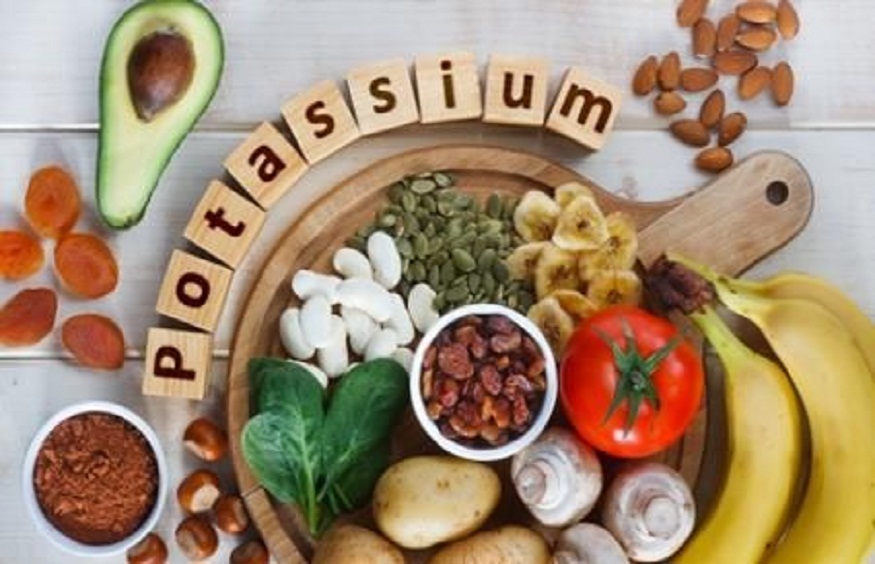Loose motion, commonly referred to as diarrhoea, can be an uncomfortable and disruptive experience. While it’s a natural bodily reaction to expel harmful toxins or irritants, chronic diarrhoea can lead to dehydration and other complications. Many people prefer natural remedies over pharmaceuticals to avoid side effects, and Ayurvedic medicine offers numerous effective treatments for loose motion. Rooted in centuries-old traditions, Ayurveda provides safe, natural solutions for digestive issues like diarrhoea after food, and conditions such as irritable bowel syndrome diarrhoea.
Bael (Wood Apple)
Bael, or Aegle marmelos, is a well-known fruit in Ayurveda and is particularly effective for treating loose motion. The unripe fruit is dried and used to make powder, which can be consumed with warm water or honey to help reduce diarrhoea. Bael has anti-inflammatory and digestive properties that help in restoring gut health. Studies indicate that bael pulp can reduce the frequency and duration of diarrhoea episodes, making it one of the go-to Ayurvedic treatments for irritable bowel syndrome diarrhoea.
Pomegranate
Pomegranate, known for its astringent properties, is another highly recommended Ayurvedic remedy for loose motion. The fruit, along with its peel, is used in Ayurveda to treat diarrhoea after food. Pomegranate juice not only aids in hydrating the body but also contains compounds that help reduce bowel irritation. The peel, when dried and powdered, can be mixed with water or honey for immediate relief from diarrhoea.
Ginger
Ginger is renowned in Ayurveda for its ability to improve digestion and reduce gastrointestinal discomfort. It works by balancing the digestive fire (Agni) and reducing excess air (Vata) and water (Kapha) in the body—two doshas often associated with loose stools. Drinking ginger tea or mixing ginger powder with honey can help reduce loose motion, especially in cases triggered by irritable bowel syndrome diarrhoea. Studies also support ginger’s anti-inflammatory properties, which can alleviate intestinal cramping and spasms.
Fenugreek Seeds
Fenugreek seeds are another Ayurvedic medicine for loose motion. Rich in soluble fibre, fenugreek seeds help absorb excess water in the intestines, making stools firmer. They also contain mucilage, which helps soothe the digestive tract and reduce inflammation. To use fenugreek for loose motion, grind the seeds into a fine powder and mix them with yoghurt or water for quick relief.
Cumin Seeds
Cumin seeds, or jeera, are known for their carminative properties and can help soothe the digestive system. They have antibacterial, anti-inflammatory, and digestive-enhancing qualities, making them ideal for treating diarrhoea after food. Drinking cumin water, or jeera water, is a simple and effective way to reduce diarrhoea symptoms. Cumin helps regulate bowel movements and promotes the secretion of digestive enzymes.
Buttermilk with Asafoetida
Buttermilk is an age-old remedy in Ayurveda for digestive disorders, including loose motion. It is rich in probiotics, which help restore the gut’s natural balance of healthy bacteria. Asafoetida, or hing, is a powerful anti-inflammatory and anti-flatulent agent. Mixing a pinch of asafoetida with a glass of buttermilk and consuming it a couple of times a day can provide significant relief from diarrhoea and irritable bowel syndrome diarrhoea.
Mint and Honey
Mint, or pudina, has been used in Ayurveda to treat a wide range of digestive issues. Its cooling properties help reduce inflammation in the gastrointestinal tract. Mint also promotes bile production, which aids in digestion and prevents loose stools. A teaspoon of mint juice mixed with honey can be consumed 2-3 times a day to alleviate symptoms of diarrhoea after food. Honey, with its antimicrobial properties, helps soothe the intestines and provides energy to a weakened body.
Bilva (Bael Leaf) Decoction
Bilva leaves, much like the fruit, have strong astringent properties. A decoction made from bilva leaves can significantly reduce loose motions by firming up stools. Ayurvedic texts recommend this decoction for irritable bowel syndrome diarrhoea, as it helps regulate bowel movements without causing dehydration. To prepare the decoction, boil a handful of bilva leaves in water, strain, and consume the liquid while warm.
Chamomile Tea
Chamomile, while more commonly used in Western herbalism, is also embraced in Ayurveda for its soothing effects on the digestive system. It has natural anti-inflammatory and antispasmodic properties, which help relieve abdominal cramping associated with loose motion and irritable bowel syndrome diarrhoea. Drinking chamomile tea 2-3 times a day can calm the intestines and restore normal bowel function.
Amla (Indian Gooseberry)
Amla, or Indian gooseberry, is a powerhouse of Vitamin C and has been used in Ayurveda to treat a variety of ailments, including digestive disorders. It improves digestion, strengthens the immune system, and reduces inflammation in the gut. Amla juice, taken in small doses with water, can help control loose motion and restore digestive health. Amla is particularly effective when diarrhoea is linked to irritable bowel syndrome diarrhoea, as it helps to balance all three doshas—Vata, Pitta, and Kapha.
Dietary Tips and Hydration
In addition to these Ayurvedic remedies, maintaining a proper diet during episodes of loose motion is crucial. Avoid spicy, fried, and oily foods, as they can aggravate the condition. Stick to bland, easily digestible foods like rice, bananas, and toast. Hydration is key to preventing dehydration caused by loose motion. Drink plenty of water, coconut water, or electrolyte solutions to replenish lost fluids and electrolytes.
Conclusion
Ayurvedic medicine for loose motion offers a range of natural, effective treatments that not only address the symptoms but also promote overall digestive health. From bael fruit to cumin seeds, these remedies are easily accessible and have been trusted for centuries. Whether you’re dealing with diarrhoea after food or irritable bowel syndrome diarrhoea, these Ayurvedic solutions can provide relief while maintaining the balance of your body’s doshas.
However, it’s essential to consult a healthcare professional before starting any treatment, especially if symptoms persist or worsen. Loose motion can sometimes be a sign of underlying health issues, and timely medical advice is crucial.

